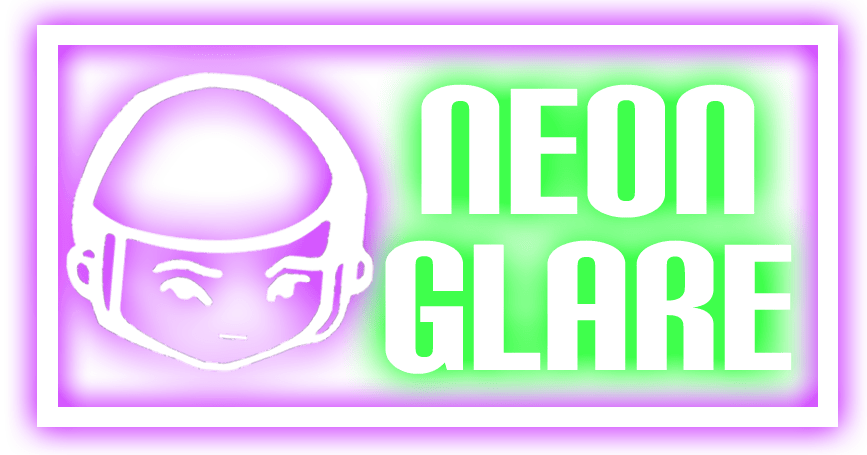
Now that The Batman has passed the two-pronged litmus test of mainstream bankability and fan acceptance, the narrative dominating the DC Comics movie is already shifting to sequel speculation. While the freshly launched iteration, starring Robert Pattinson’s debuting Caped Crusader, approaches the property with a grounded, morose motif that complements the crimefighter’s classic noir-driven detective roots, rumors of a sequel presence for a certain young crimefighting sidekick persist. Consequently, director Matt Reeves is actually addressing the pointy-green-shoe-wearing elephant in the room.
Can the bonanza of bleakness brought by The Batman accommodate a storyline in which the eponymous vigilante’s traditional teenage sidekick, Robin, can effectively enter the franchise picture? While the director is obviously in no position to confirm anything at this stage, he does offer a promising, though caveat-muddled “maybe” during an appearance on Josh Horowitz’s Happy Sad Confused podcast when posed with such a question. For Reeves, who also co-wrote the script with Peter Craig, Robin’s sequel chances hinge not so much on the inherent darkness of the movie milieu, but, rather, on the character’s ability to appropriately convey its pathos.
“Maybe. I’ll just say maybe,” teases Reeves. “I don’t know. Here’s the thing: I have a lot of ideas about what I want to do. I’m not sure what the next story is. For me, whatever that story is going to be, it’s going to take these characters, and specifically Batman’s character, and put them in some kind of emotional jeopardy.”
While there have been several variations of Robin’s origin tale scattered across the continuities of DC Comics, along with the realms of television (animated or otherwise) and film, they all generally adhere to the idea of its catalyst being a childhood parental tragedy that parallels the one that put Bruce Wayne on the path to becoming Batman. In the case of young Dick Grayson, who performed in a circus acrobat act with his family, resistance to a money-extorting mobster led to an act of high-wire sabotage that claimed the life of his parents.

A version of the Robin origin tale previously manifested in movies with 1995’s Batman Forever, which expediently changed the context of its catalyst to make Tommy Lee Jones’s Two-Face responsible for the parents’ deaths, which made the movie villain the focus of vengeance for Chris O’Donnell’s Dick Grayson, who was tasked with taming this seething bloodlust on an arc toward becoming Batman’s crimefighting sidekick. While that movie—a clear reflection of the colorful, comical direction that director Joel Schumacher imbued onto the 1989-launched Batman film franchise—operated in a wild, colorful carnival ride version of Gotham City, Reeves would have a pathologically potent story to utilize for his rendition. For now, though, he doesn’t know how to approach the material.
“So, when you talk about what you’re talking about, there may be a really interesting story,” he continues. “There [has] to be emotional stakes so that you get drawn into that character’s story. I don’t want that character to become a cipher. I don’t want to be like, ‘Okay, it wasn’t an origin tale, but you know what, that was kind of the origins, and now he’s just perfect.’ No, you need to test the character again and again and again.”
Of course, with The Batman being one of three distinct movie iterations to have arrived in just the past decade, it eschewed the onscreen task of depicting Bruce Wayne’s traditional tragedy, seeing as it’s a tale that, at this point, even mainstream audiences perceive as perfunctory. Indeed, the film starts a few years into Batman’s crimefighting exploits, depicting him as already battle-hardened, but still awaiting some of his more iconic criminal challengers. However, Reeves won’t have that luxury when it comes to Robin, and a prospective debut of the character—be it in the film’s immediate sequel or even another film down the line—will require an organic integration into this uniquely realistic melancholic rendition of the crime-riddled Gotham City. Yet, even if the idea of a teenager (or even a pre-teen, as sometimes depicted) fighting crime alongside this Batman appears absurd, the inclusion can nevertheless work if the character—and his/her motivations—can be uniquely crafted for this world.
“For me, there might be something in that. I don’t know,” says Reeves ambivalently. “There’s a deep dive that already happened in the beginning and now I’m going to have to deep dive again if we get a chance to make another one, so we shall see.”
While a confirmation on The Batman sequel has yet to manifest at press time, the likelihood of such a development is high, seeing as the film just achieved a $128.5 million North American opening weekend; a number further boosted by a $120 million worldwide gross (which excluded Russia for reasons currently obvious). Yet, the franchise will stand tangentially with Warner’s Justice League-centric “DC Extended Universe” films since that particular continuity will see Ben Affleck’s Batman return for one last go—alongside Michael Keaton’s classic version—in the DC speedster Multiverse-mired solo film, The Flash, which is scheduled to arrive on November 4. That film will be complemented by HBO Max TV series Batgirl, starring Leslie Grace, which is scheduled to premiere by the end of the year.
In the meantime, you can catch The Batman at theaters now.

